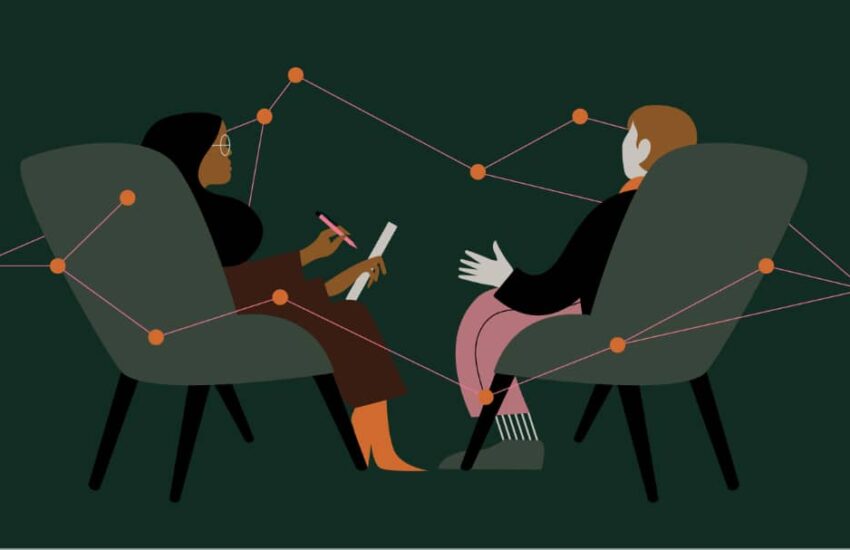Uncover how small, intentional shifts in physical health can create seismic changes in mental wellness even when traditional therapy feels stuck. When Sarah first sat across from me, her voice trembled as she described the heavy fog of depression she could not shake. What struck me immediately was not just her words, but her posture, collapsed shoulders, shallow breathing, hands fidgeting with a water bottle. She had no idea her six-month plunge into couch-bound evenings and frozen meals was quietly feeding her despair. Her story mirrors what I have seen repeatedly: our bodies and minds are locked in a constant dialogue, yet we often treat them like strangers.
Why Exercise Might Be Your Most Overlooked Mental Health Tool
Let us get one thing straight. I am not suggesting you train for a marathon unless that sparks joy. But here is a truth I wish more people understood: movement is medicine. Studies show that regular exercise can ease depression as effectively as medication for some individuals. I remember a client who started taking 20-minute walks during lunch breaks. Within weeks, he reported feeling “lighter,” like he could finally breathe between anxious thoughts. The science backs this up: physical activity pumps out endorphins, those natural mood boosters, while dialing down stress hormones. But perhaps more importantly, it gives us tiny victories proof we can show up for ourselves.
Sleep Secrets: The Midnight Connection Between Rest and Resilience
If you have ever pulled an all-nighter with a newborn or a looming deadline, you know how raw everything feels the next day. Now imagine living that exhaustion daily. Poor sleep does not just leave us groggy, it rewires our emotional responses. I worked with a college student battling insomnia who realized her 3 a.m. scrolling habit was fueling her daytime anxiety. When we prioritized sleep hygiene dimming lights, ditching screens her panic attacks softened. Research confirms this: improving sleep quality can reduce anxiety symptoms faster than some talk therapy alone.
Food Moods: What Your Plate Has to Do With Your Peace
Here is a confession: I used to live on granola bars between sessions. Then I noticed my energy crashing by noon, leaving me irritable and unfocused. Nutritional psychiatry, a fancy term for “you are what you eat” shows diets rich in whole foods (think Mediterranean staples like fish, nuts, and leafy greens) correlate with lower depression rates. One client swapped her midday soda for herbal tea and walnuts, joking it “fixed 10% of her problems overnight.” Small tweaks matter.
When Pain and Emotions Collide: Rewriting the Chronic Pain Story
Chronic pain is a thief. It steals joy, energy, and hope. But what if we could change the narrative? I have witnessed clients with fibromyalgia find relief through mindfulness not by erasing pain, but by softening their relationship to it. Techniques like acceptance and commitment therapy ACT help disentangle physical sensations from the stories we attach to them. This pain means I am broken. It is not about curing; it is about reclaiming agency.
Putting It All Together: Where Therapy Meets Real Life
The magic happens when we stop compartmentalizing mental and “physical” health. A teen client once told me yoga felt easier than talking about her trauma so we started there. Within weeks, her shoulders relaxed, and so did her defenses. This is not about perfection; it is about progress. Maybe you dance in your kitchen. Maybe you swap one processed snack for fruit. Every choice whispers to your nervous system: I am worth caring for.
The mind-body connection is not a wellness buzzword, it is the quiet truth humming beneath every therapy breakthrough I have seen. What small step could you take today to listen?
References
Rosenbaum, S., et al. (2023). “Physical activity interventions for people with mental illness: A systematic review and meta-analysis.” Journal of Science and Medicine in Sport. https://www.jsams.org/article/S1440-2440(22)00643-8/fulltext
Kwok, J. Y., et al. (2023). “Mindfulness-based intervention for chronic pain: Systematic review and meta-analysis.” Annals of Behavioral Medicine. https://academic.oup.com/abm/article/57/4/189/6527096
National Institute of Mental Health. (2023). “Depression: What You Need To Know.” https://www.nimh.nih.gov/health/publications/depression
Harvard Health Publishing. (2022). “Exercise is an all-natural treatment to fight depression.” https://www.health.harvard.edu/mind-and-mood/exercise-is-an-all-natural-treatment-to-fight-depression

